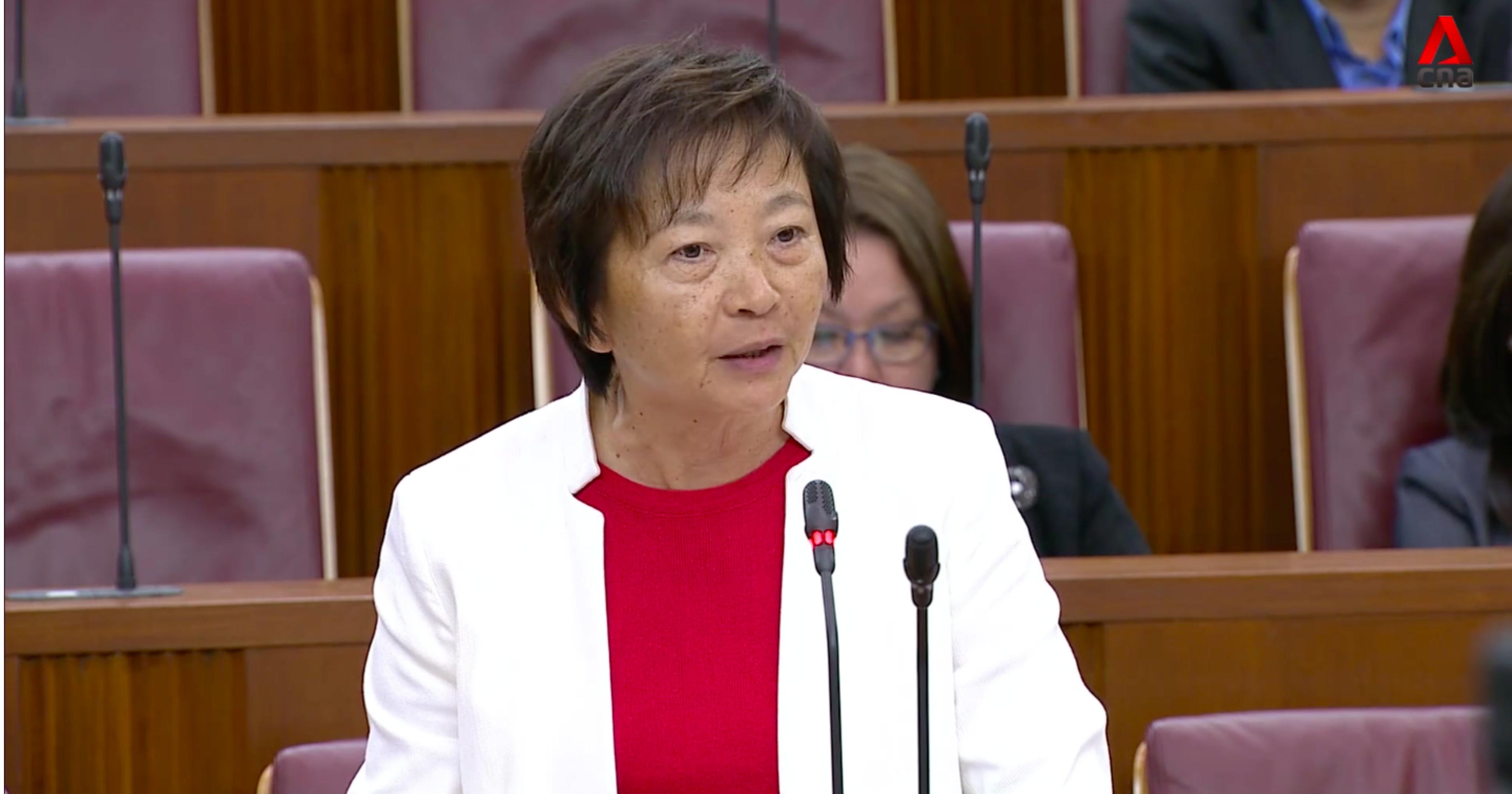How does one determine whether something is to be considered sufficiently offensive to breach the law, with regard to religious harmony?
This was what Member of Parliament for Nee Soon GRC Lee Bee Wah asked in a speech during the second reading of the Maintenance of Religious Harmony (Amendment) Bill (MRHA) on Monday (Oct. 7).
Wounding religious feelings can be subjective
Speaking in Parliament, Lee made the point that the wounding of religious feelings is a tricky issue.
"While I agree that these acts have potentially serious consequences that deserve heavy penalties, things like wounding religious feelings can be rather subjective. Sometimes it may simply be due to misunderstanding or clashing cultures and no ill will was truly intended. May I ask how does one determine if something is considered sufficiently offensive to breach the law?"
Rehabilitation for cases under MRHA
Lee said that the introduction of the Community Remedial Initiative (CRI) was a welcome move, as offenders will now be given a chance to make amends to offended parties.
Drawing a parallel with rehabilitation efforts for criminals, she voiced her hope that this can be done for MRHA cases:
"After all, many offences happen as a result of a lack of empathy and ignorance, rather than pure malice. I also hope we can nurture a society that is more sympathetic but act decisively when the need arises. In previous cases, some people who insulted other races and religions were doxed and had their livelihoods affected, with some even losing their jobs. If we can rehabilitate criminals, can we do the same for cases under MRHA?"
Asked how would MRHA interact with POFMA
In her speech, Lee also asked how the the MRHA may interact with the recently-introduced Protection from Online Falsehoods and Manipulation (POFMA) law.
With POFMA designed to combat fake news in Singapore, Lee brought up the scenario of online posts suspected of being both fake news and hurting religious harmony, and asked how these two laws would interact in such situations.
She then asked whether penalties would be considered for those who deliberately circulate such offending content.
This is especially the case if they are influential pages, she said.
Shanmugam: How offences are made out is based on descriptions that are "not new"
In his wrap-up speech at the close of the debate on Monday evening, Home Affairs Minister K Shanmugam acknowledged Lee's points, as well as those made by numerous other MPs in the discussion.
Regarding how an offence is made out under the amended MRHA, Shanmugam said the phrases “wounding of religious feelings” and “threat to public peace” are not new:
"They were adapted from existing offences in the Penal Code. People are free to express their views, but this has to be done responsibly. Statements that denigrate another religion will of course cross the line.
The proof of the pudding is in the eating. We’ve had the Penal Code for eons, and we’ve had the MRHA for 27 years, and these phrases are not new. And I don’t think anyone complains that there has not been a possibility of discussing viewpoints or that all discussion on religious topics have been silenced. I think people understand the norms and values and there are fairly open discussions.
If a debate on religious differences spirals or gets into denigration of another religion, or insults and incites violence, we will of course take action. We have done so in the past...
But you know, nobody has felt that these laws prevented them from saying what they wanted, because most people are sensible, and we have created a framework within Singapore for a sensible, practical, wise way of discussing this."
Shanmugam also acknowledged her point about overlaps between the MRHA and POFMA in some potential cases, saying "we have got to decide how to deal with it".
He spoke also about requiring the take-down of online posts by way of going through online service providers, saying that the MRHA restriction orders will not apply in this manner.
Instead, he says, the Broadcasting Act allows the Info-communications Media Development Authority to direct the service providers and platforms to remove or block access to the material, which if found to breach the MRHA, is likely to also be prohibited under the internet code of practice.
Related Story
Top image: screenshot from CNA
If you like what you read, follow us on Facebook, Instagram, Twitter and Telegram to get the latest updates.
